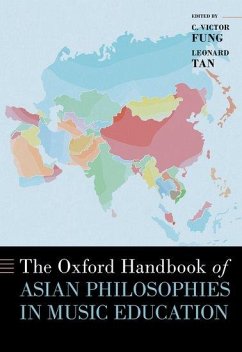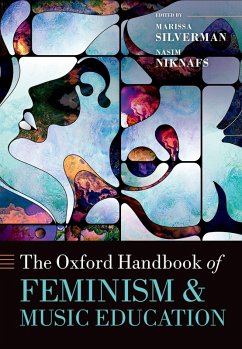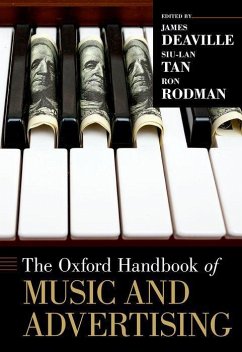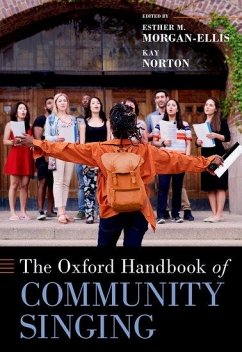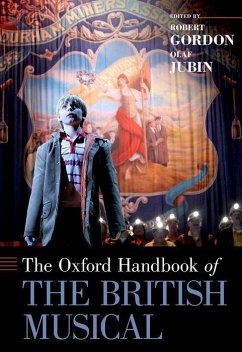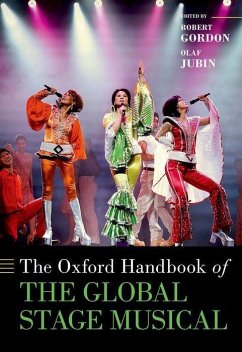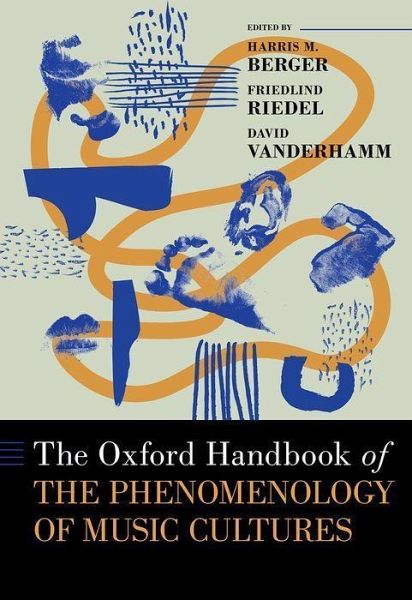
The Oxford Handbook of the Phenomenology of Music Cultures
Versandkostenfrei!
Versandfertig in über 4 Wochen
179,99 €
inkl. MwSt.
Weitere Ausgaben:

PAYBACK Punkte
90 °P sammeln!
The Oxford Handbook of the Phenomenology of Music Cultures brings ideas from the phenomenological tradition of Continental European philosophy into conversation with theoretical, ethnographic, and historical work from ethnomusicology, anthropology, sound studies, folklore studies, and allied disciplines to develop new perspectives on musical practices and auditory cultures. The Handbook engages with both classical and contemporary phenomenology, as well as theoretical traditions that have drawn from it, providing major contributions to fundamental theory in the study of music and culture.




